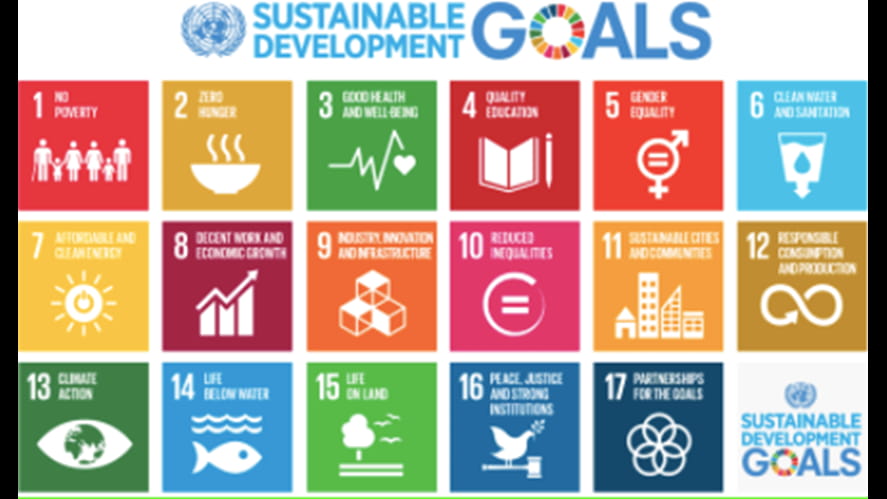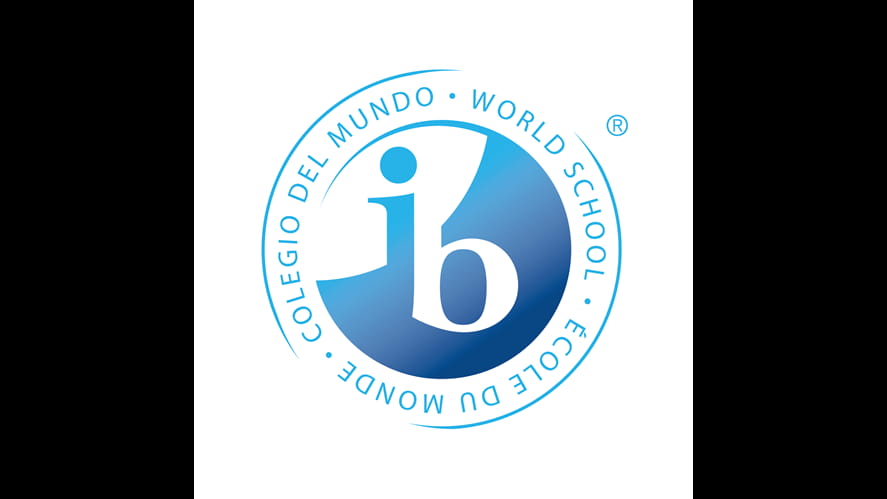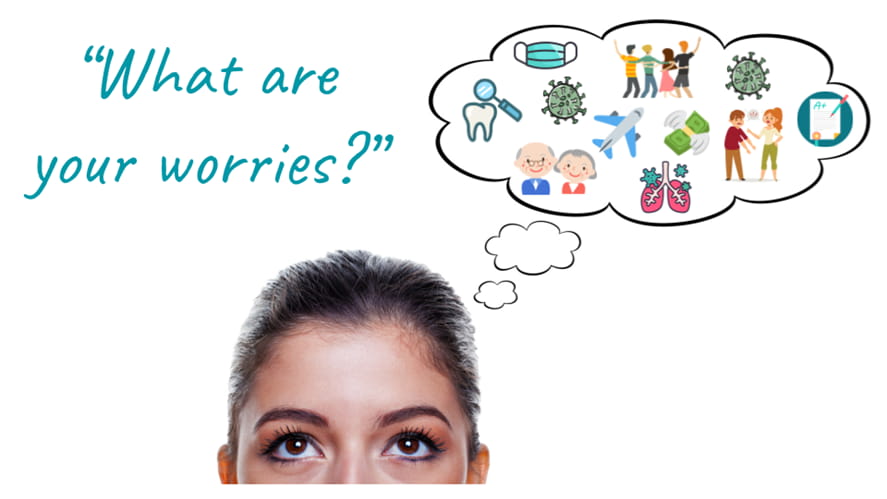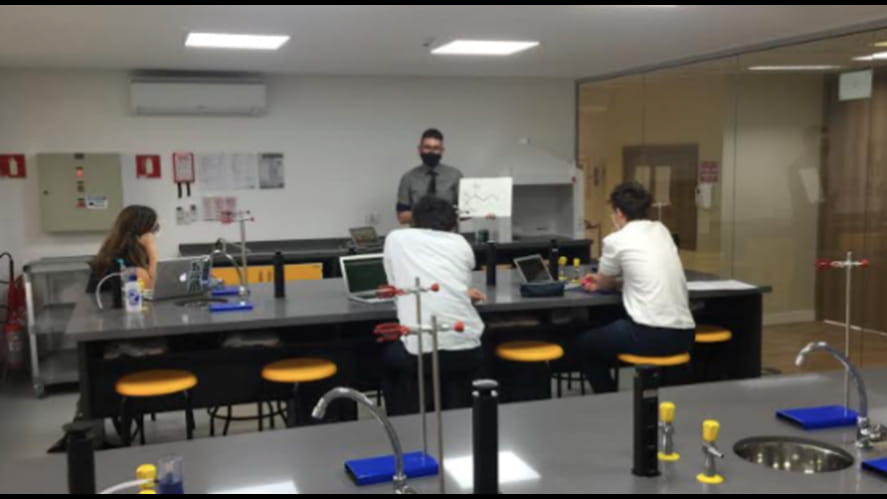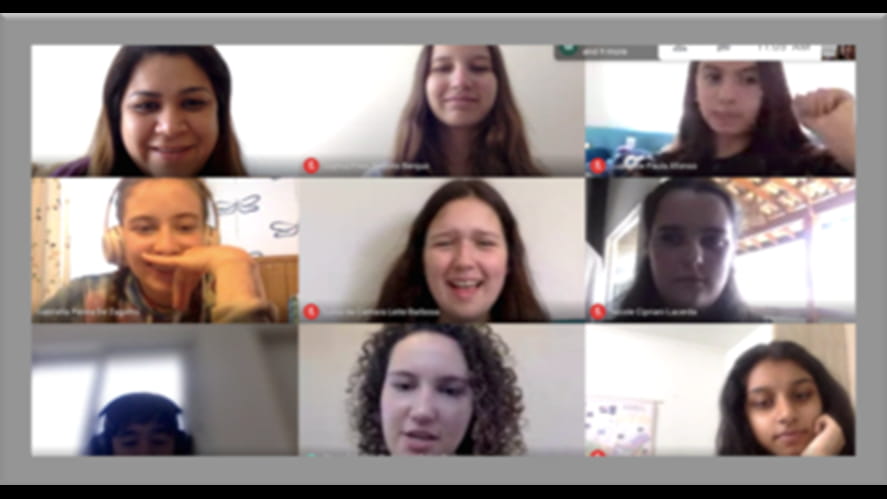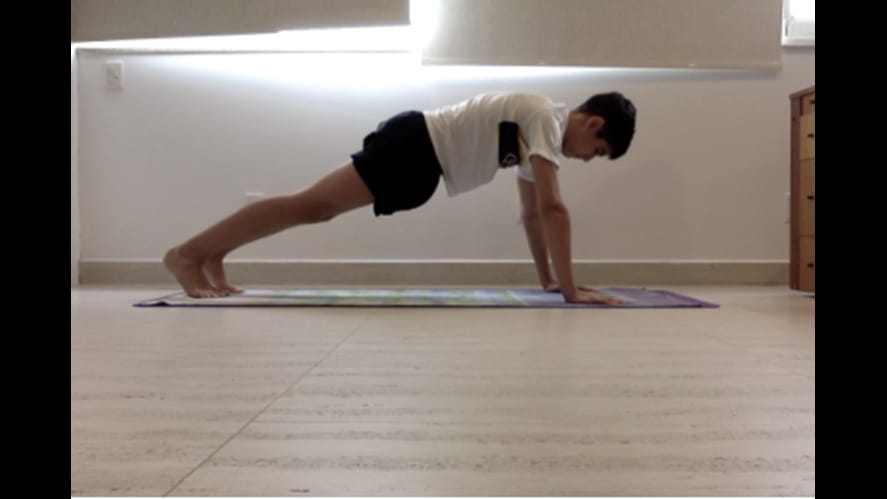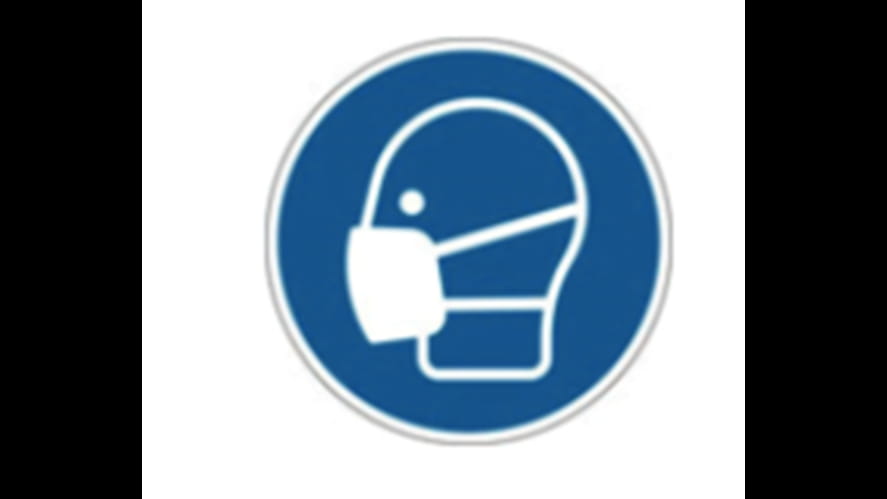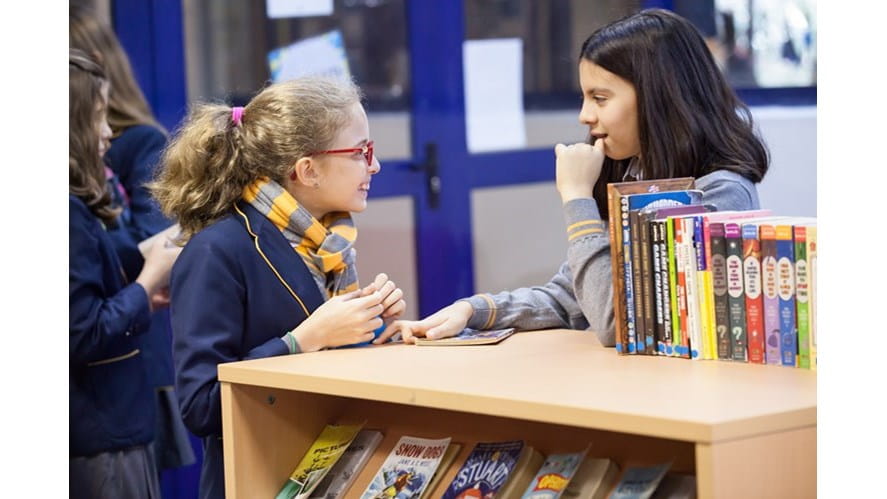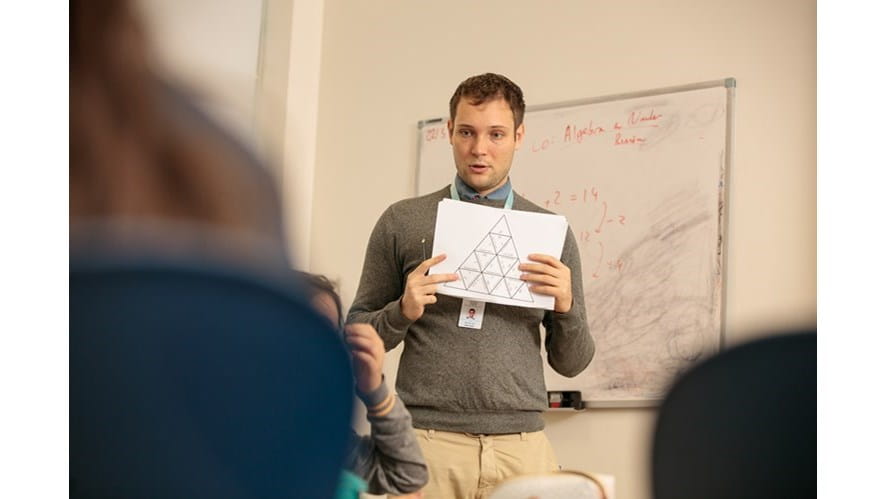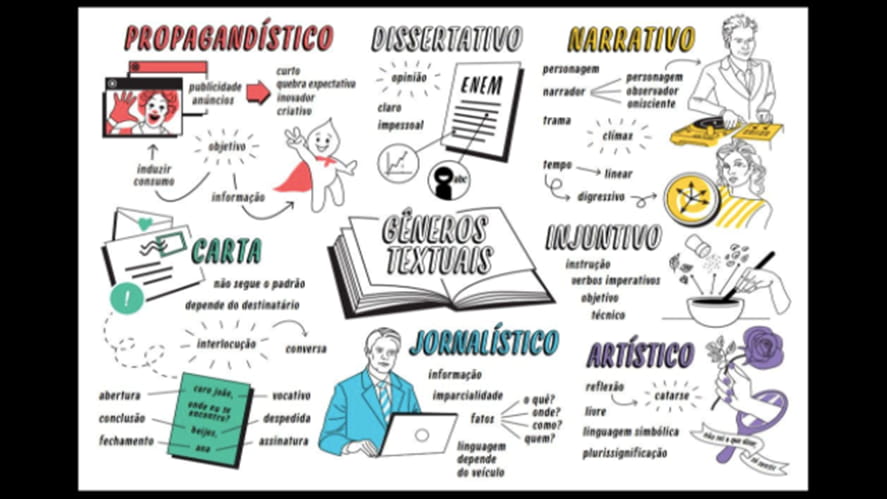We use cookies to improve your online experiences. To learn more and choose your cookies options, please refer to our cookie policy.
- Discover more
- Parent essentials
- About our school
- Calendar
- Careers
- News
- Apply now
- Discover more
- Parent essentials
- About our school
- Calendar
- Careers
- News
- Apply now


